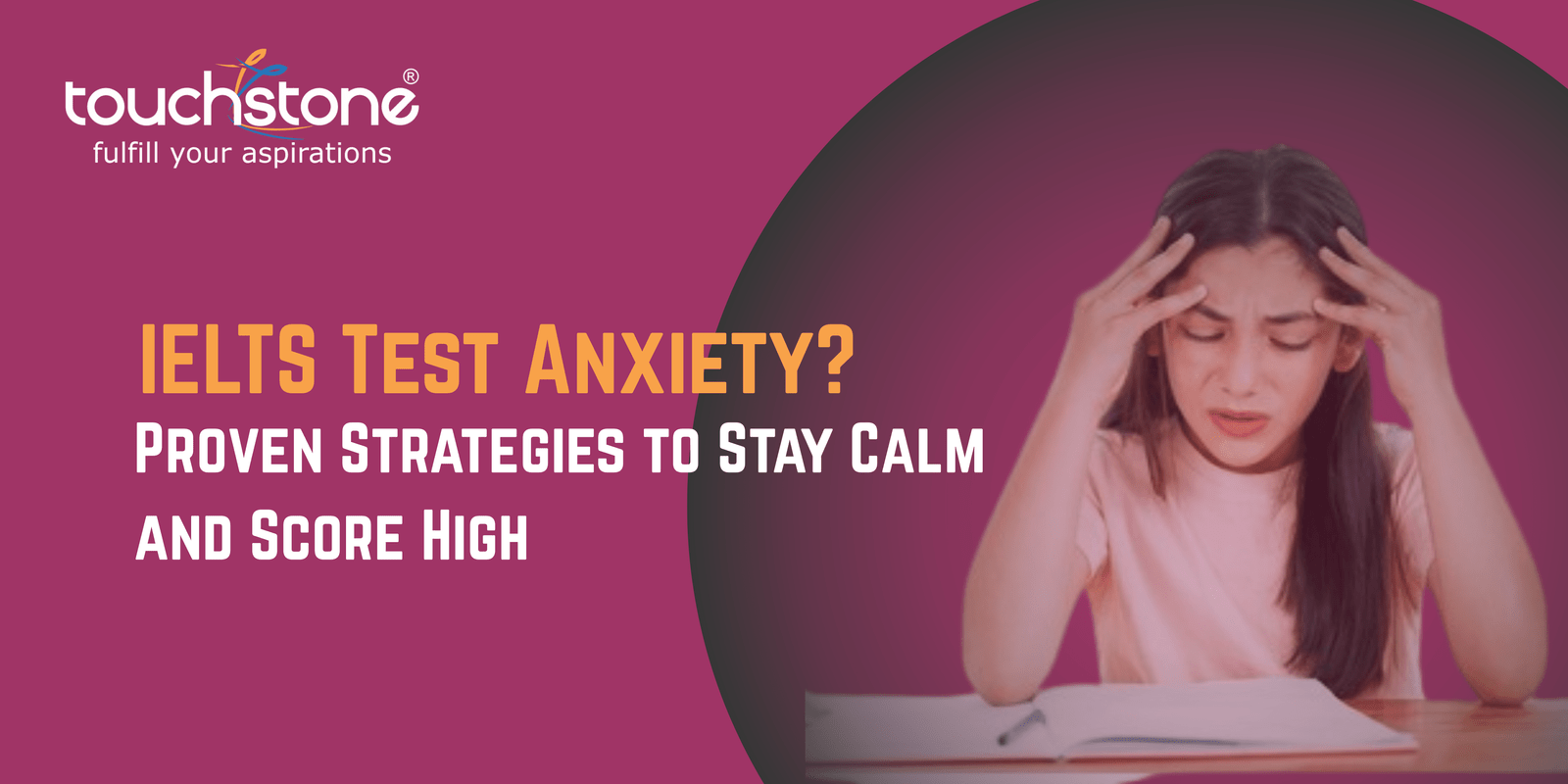As per study abroad market trends, most of the applicants prefer to apply for overseas study through study abroad consultants, while only a few choose to apply on their own. Since the demand for consultants is high in the market, the competition is also high among consultants. They try their best to lure candidates seeking admission abroad. This makes it essential for the candidates to make sure that the consultant is not fooling them into making an unwise decision.
Here is a list of the information that the candidates should try to obtain from a consultant before choosing them.
Cost of the course
The overall cost of studying abroad depends on a variety of factors, namely: the destination country, personal expenses, cost of living, fees charged by university/college, etc. There are many universities/colleges providing quality education at comparatively lower prices than others. The candidates should ask the consultants about a price comparison between various universities/colleges.
Eligibility criteria to apply for any course
Before applying to any university/college, candidates should ask the consultants about the eligibility criteria. The universities/colleges abroad change marks to GPA. So, candidates should make sure that their GPA falls in the range demanded by the university/college in which they are seeking admission.
Requirements to be fulfilled
All the universities/colleges have different requirements to be met by the candidates applying for admission. Therefore, the candidates should ask in detail about all necessary documents, and other requirements that need to be complied with, in order to successfully get admission in the respective university/college.
Is the university/college accredited?
Many consultants refer candidates to universities/colleges which are not accredited, and earn a hefty commission. Candidates are required to research on their own and look for reviews by the current students of the university/college in which they seek to take admission.
Availability of scholarships
There are many scholarships available for international students which are funded by the university/college and independent corporates. Candidates should ask the consultant if there are any scholarships for which they are eligible. Many scholarships require the candidates to appear in an entrance test, and for some scholarships, the applications of candidates are automatically considered. This makes it essential for candidates to have complete information on whether any additional preparation is required for applying for the available scholarship.
These are the five questions to be considered by the candidates before choosing any consultant for helping them in applying for an overseas education.
At Touchstone, candidates seeking education abroad are assisted by experts who provide detailed information to the candidates, and help them in every possible way.








